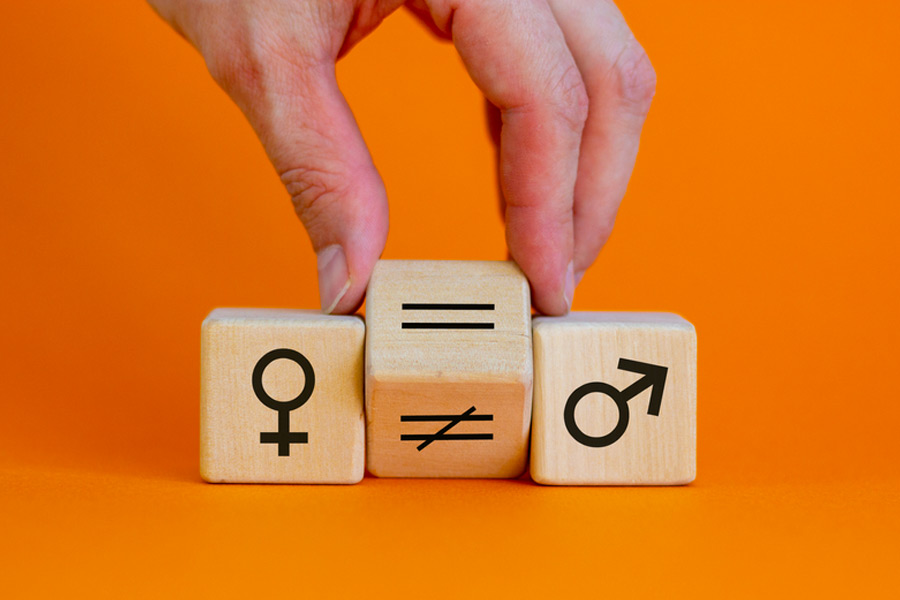The SDG Gender Index, published by Equal Measures 2030, a coalition of NGOs, provides a comprehensive evaluation of the global progress toward achieving gender equality as outlined in the United Nations’ 2030 Sustainable Development Goals. However, the findings of the 2024 report deliver a stark message: not a single country is on track to meet gender equality by 2030.
One of the most alarming findings of the report is that, at the current pace, gender equality will not be achieved globally until another century. This prediction reflects deep structural issues in the way gender equality is pursued globally, compounded by intersecting crises such as economic inequality, the rise of anti-democratic movements, and post-pandemic recovery challenges.
Between 2019 and 2022, nearly 40% of the countries included in the SDG Gender Index either stagnated or saw a decline in gender equality progress. This decline affects over one billion women and girls globally. The Index finds that 74% of the SDG targets cannot be achieved without addressing these gender gaps.
Economic inequality continues to play a significant role in obstructing gender equality. From 2019 to 2022, income inequality either stagnated or worsened in three-quarters of the countries analysed; the 10 countries where the score worsened most were Malta, the Netherlands, Estonia, Mali, Finland, Lithuania, Portugal, Sweden, Norway, and Colombia. The rise in governments’ debt burdens has been linked to diminishing public funds available for gender-responsive budgets and social infrastructure. Gender equality programmes suffer consequently, making it difficult to achieve social transformation.
Political and societal polarisation, fuelled by the rise of right-wing, nationalist, and populist governments, are exacerbating the rollback of gender equality. The report highlights a troubling increase in anti-feminist rhetoric, which directly impacts policies and funding for women’s rights, health, education, and public participation. This backlash is not limited to policy but is reflected in the fracturing of societal values. Survey data from countries such as Germany, South Korea, and the United States of America show that young men are significantly less supportive of gender equality than their female counterparts.
Moreover, women’s right to political participation has seen a consistent decline across the globe with the sharpest setbacks occurring in Asia and the Pacific, followed by Latin America and the Caribbean. This shrinking space for women’s voices in both private and public spheres raises concerns about the future of gender-inclusive democracies and the capacity to advocate for sustainable changes.
The next six years leading up to the 2030 Agenda are fraught with challenges that threaten to erase the fragile gains in gender equality. The 2024 SDG Gender Index stresses the need for immediate investment in gender-responsive policies, progressive taxation, and public services. However, with growing government debt and increasing economic inequality, the likelihood of mobilising sufficient public funds for gender programmes appears grim.
Global cooperation and solidarity are more necessary than ever to address these challenges. The report calls for fairer trade and tax rules as well as increased international aid and grants to support countries in achieving gender equality. These efforts must be coupled with systemic reforms that challenge the political and economic structures that perpetuate inequality.
The 2024 SDG Gender Index offers a sobering look at global progress toward gender equality. With less than six years remaining before the 2030 Agenda deadline, it is clear that the world is far from achieving its promise of gender equality. Without renewed commitment and global solidarity, gender equality will remain a distant goal. The SDG Gender Index serves not only as a diagnostic tool but is also a rallying cry for the international community to prioritise and protect gender equality.
Anjali Chauhan is a doctoral researcher at the Department of Political Science, University of Delhi











